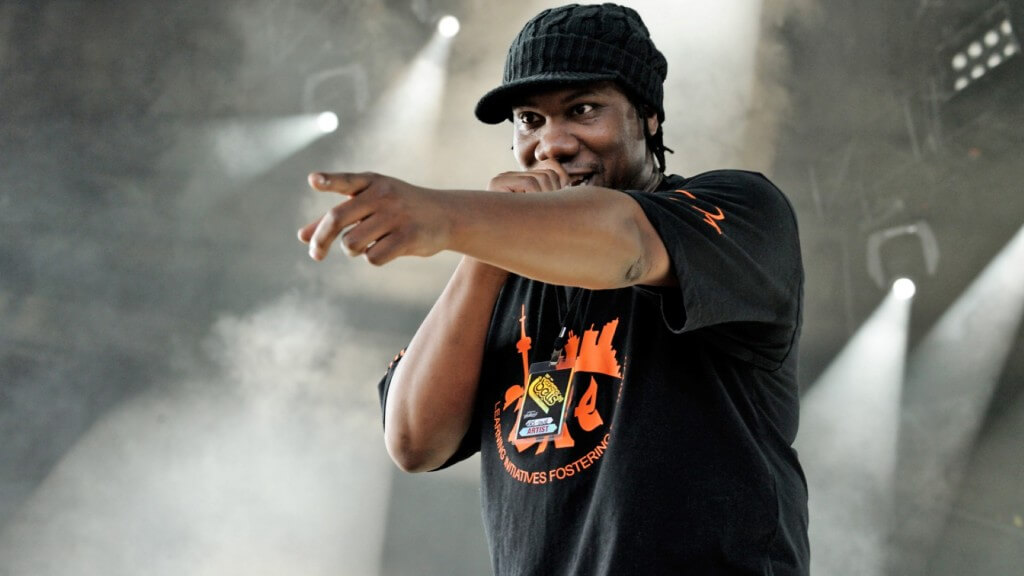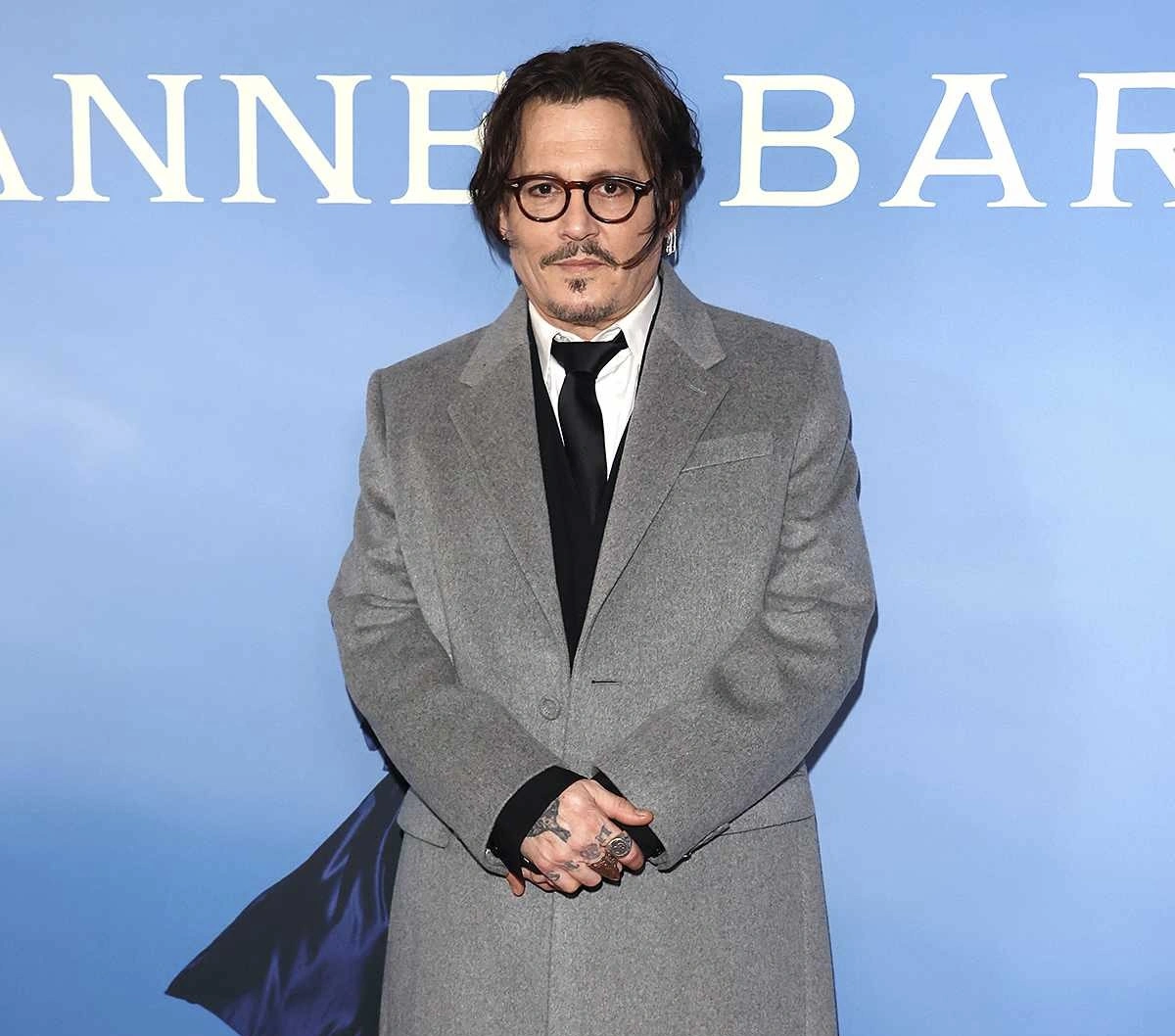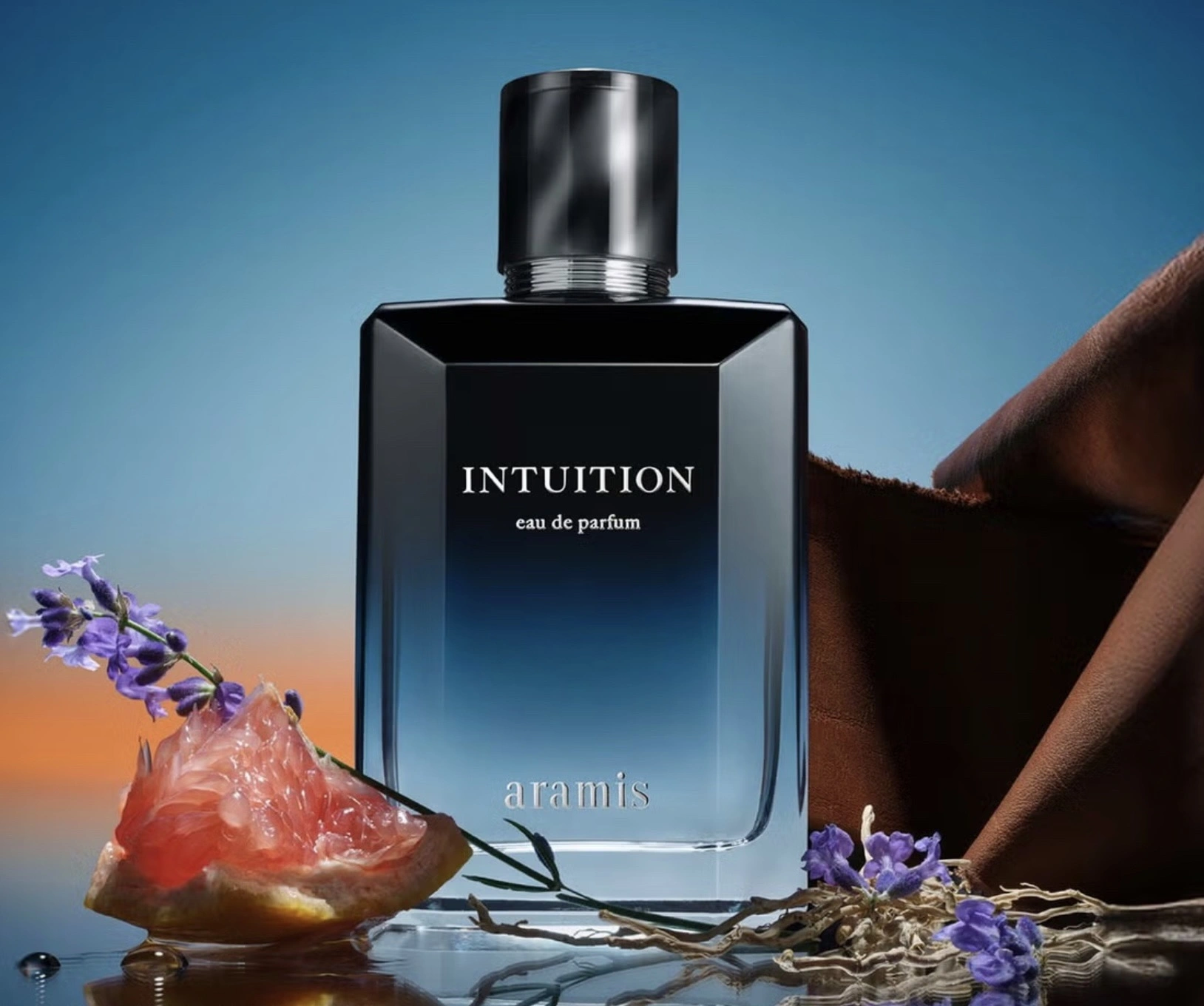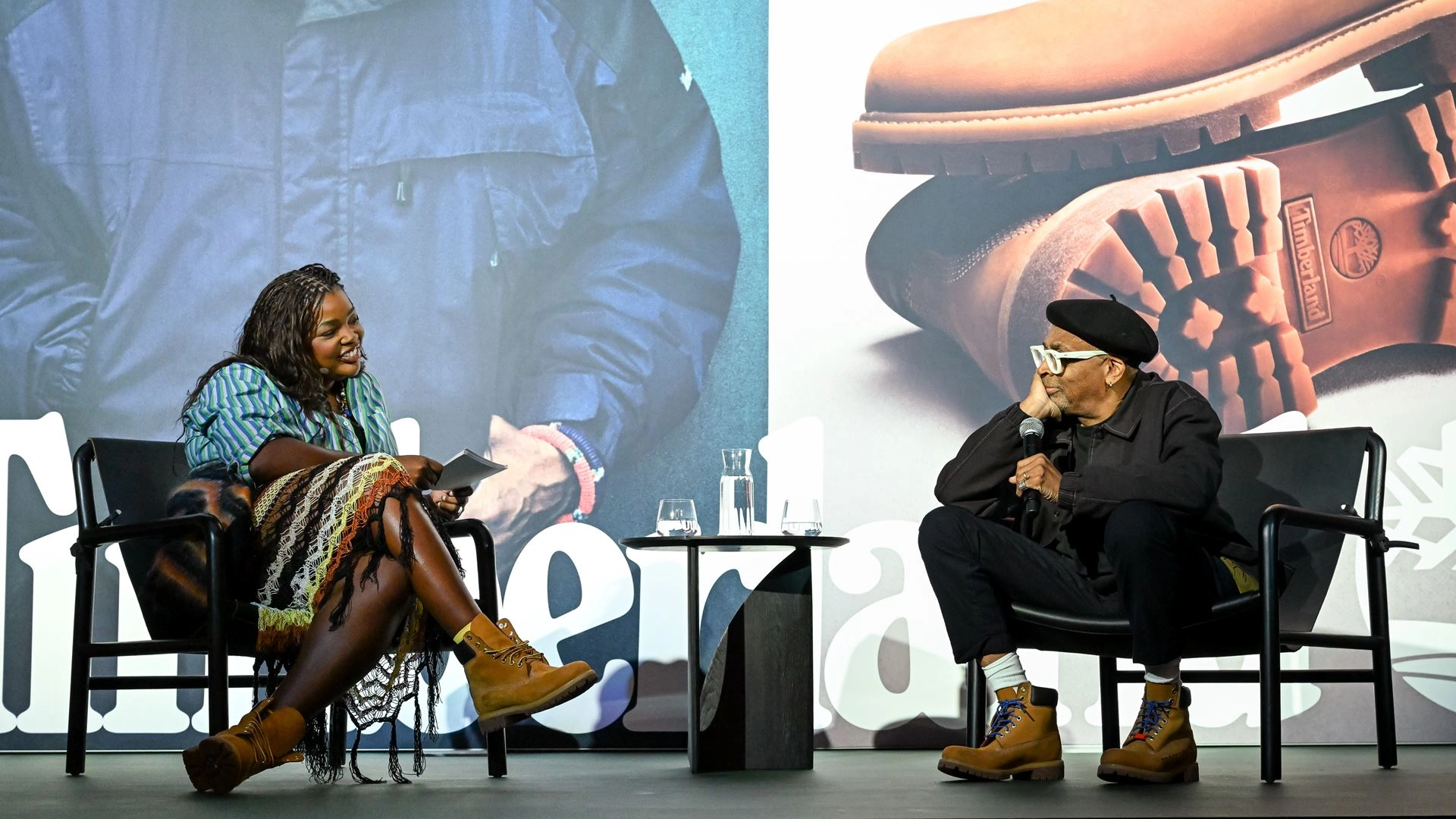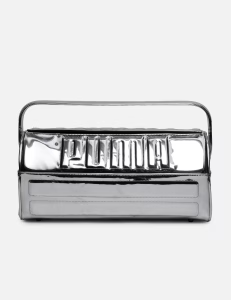In the annals of hip-hop history, KRS One’s The Bridge Is Over” by Boogie Down Productions (BDP) released in 1987 was a pivotal moment within hip-hip genre, marking a turning point in the infamous “Bridge Wars” and showcasing the lyrical prowess and innovative production that would come to define hip-hop’s golden era.
Origins of “The Bridge Is Over”
“The Bridge Is Over” emerged from the heated rivalry between two New York City hip-hop scenes: the Bronx, represented by Boogie Down Productions, and Queensbridge, represented by the Juice Crew. The conflict, known as the “Bridge Wars,” was sparked by the Juice Crew’s track “The Bridge,” which BDP interpreted as a claim that hip-hop originated in Queensbridge. KRS-One, the frontman of BDP, took this as a challenge and responded with a series of diss tracks, culminating in “The Bridge Is Over.”
Produced by DJ Scott La Rock and KRS-One, the track was a masterclass in minimalist production and sharp lyricism. It featured a simple yet infectious piano riff, a reggae-inspired rhythm, and KRS-One’s commanding vocal delivery. The song’s raw energy and direct confrontation made it an instant classic, resonating with fans and solidifying BDP’s place in hip-hop history.
Achievements in the Hip-Hop Scene
“The Bridge Is Over” was more than just a diss track; it was a declaration of the Bronx’s significance in hip-hop culture. The song’s success helped elevate BDP to prominence, showcasing KRS-One’s talent as a lyricist and Scott La Rock’s innovative production skills. It also highlighted the competitive nature of hip-hop, where lyrical battles and rivalries were integral to the genre’s evolution.
The track’s impresion extended beyond the Bronx-Queensbridge rivalry. It demonstrated the power of hip-hop as a platform for social commentary and artistic expression. KRS-One’s clever wordplay and incisive lyrics set a new standard for MCs, inspiring a generation of artists to hone their craft and push the boundaries of what was possible in hip-hop.
Gradual Trends and Influence
“The Bridge Is Over” played a crucial role in shaping the trends that would define hip-hop in the late 1980s and beyond. Its minimalist production and focus on lyrical content influenced the development of the “boom bap” sound, characterized by hard-hitting beats and intricate rhymes. This style became a hallmark of East Coast hip-hop, with artists like Nas, Wu-Tang Clan, and The Notorious B.I.G. drawing inspiration from BDP’s approach.
The song also underscored the importance of authenticity and credibility in hip-hop. KRS-One’s unapologetic delivery and commitment to representing the Bronx resonated with audiences, reinforcing the idea that hip-hop was a voice for marginalized communities and a means of asserting identity and pride.
Today, “The Bridge Is Over” remains a touchstone in hip-hop culture, celebrated for its role in shaping the genre’s trajectory. Its influence can be seen in the ongoing tradition of lyrical battles and diss tracks, which continue to captivate audiences and drive artistic innovation. The track’s legacy is also evident in the emphasis on lyrical skill and authenticity that remains central to hip-hop’s ethos.
KRS-One has been envisioned as a pioneer of conscious rap and social commentary endures, while his work inspiring contemporary artists to address pressing social issues through their music. The song’s success paved the way for BDP’s subsequent albums, which further explored themes of empowerment, education, and social justice.
No comments yet.

